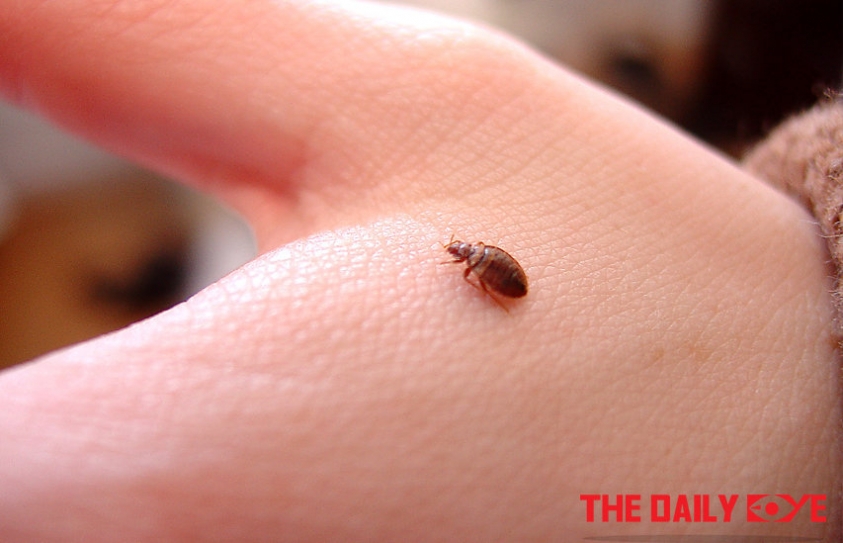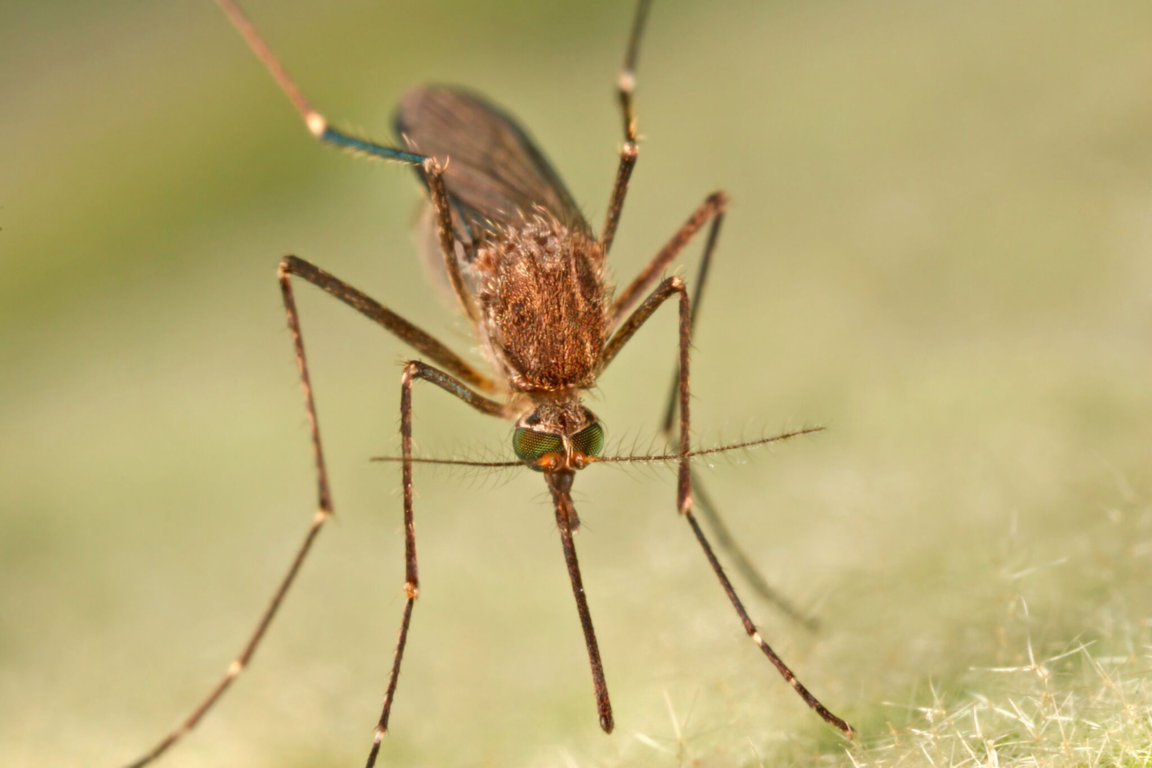
Global Warming leads to an Increase in the Six-legged Creatures
by Yash Saboo November 6 2017, 5:03 pm Estimated Reading Time: 2 mins, 24 secsThere has been a significant increase in insects such as mosquitoes and bed bugs over the years. That means it is highly likely for you to spot them more in your homes, and I know that sucks. Those creatures, however small they are, are very creepy to look at. Them being creepy is not even the main problem. It's the diseases caused by them that concerns the scientists. Also, these creatures have evolved so much that the bug sprays used on them have proved to be ineffective now! Some species no longer need to feed on blood to produce babies! And you thought Whitewalkers are badass?

We have global warming to thank for this increase in the rate of bug-bite related infections. Bugs thrive in warmer climates, including ticks that carry the potentially fatal Lyme disease and perhaps even flu bugs. As winters shorten, ticks are showing up earlier each year and leaving later. As a result, the number of cases of Lyme disease has doubled in recent years.
All living things are marked by their ability to adapt to the environment. Those who cannot adapt will eventually die out. Insects are living things and because of this, they follow the same rules. Some of the factors that impact how living things adapt are food supply, temperature, water supply, and population. Some of these things are relative to each other, which means that they have an impact on each other. For instance, a change in the population of flowers will result in a reduced population of bees in the area.
New research shows that insect species living in warmer areas are more likely to undergo rapid population growth because they have higher metabolic rates and reproduce more frequently. The finding has scientists concerned that global warming could give rise to more fast-growing insect populations and that we could see a spike in the number of six-legged critters.
The consequences could be more serious than just a few extra bug bites each summer. "If they're crop species, we could count on needing to use more pesticides and it could be very costly," said Melanie Frazier, a doctoral student at the University of Washington and lead author of the study.
This is only the beginning, warn scientists. Already, they have observed a widening of malarial zones with new cases appearing in previously unaffected areas. The change is thought to be due to rising temperatures and an expansion of areas habitable for mosquitoes. The new research, detailed in the October issue of The American Naturalist, shows rising temperatures would mean insects would not only spread out but also multiply more quickly.
Urbanisation is having some unfortunate consequences that could literally end up coming back to bite us, according to Marc Johnson, an associate professor of biology at the University of Toronto.
Sources:
https://www.earthsfriends.com/global-warming-increase-bugs-insects/
https://www.livescience.com/4296-global-warming-trigger-insect-population-boom.html




-173X130.jpg)
-173X130.jpg)
-173X130.jpg)
-173X130.jpg)
_(1)-173X130.jpg)

-173X130.jpg)
